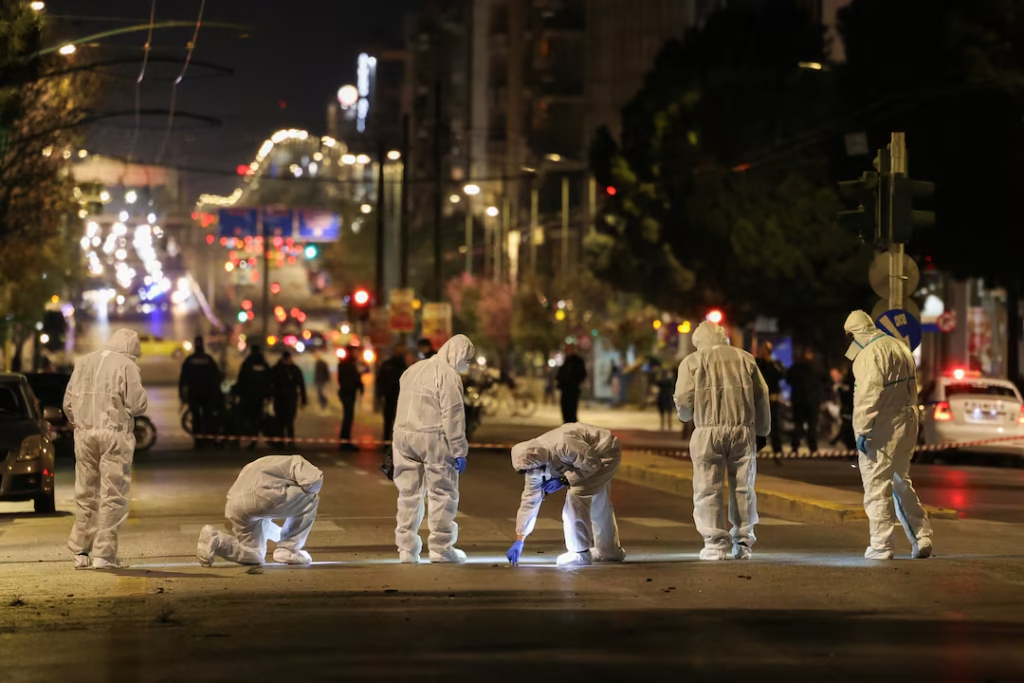An explosion occurred outside the offices of Hellenic Train in Athens early Friday morning, prompting a swift police response. According to Greek authorities, no injuries were reported following the blast, which took place shortly after anonymous warning calls were made to two Greek media organizations.

Police said the callers had warned that a bomb would go off within 35 minutes. Officers arriving on the scene found a suspicious bag near the Hellenic Train building, which was immediately evacuated. Bomb disposal units were dispatched, and the area was cordoned off as a safety precaution.
The explosion, although disruptive, caused no structural damage to the building and no individuals were harmed.
As of Friday afternoon, no organization or individual has claimed responsibility for the incident. The Greek police have launched an investigation to identify the perpetrators and determine whether the bombing was politically motivated or linked to broader acts of protest or sabotage.
Authorities are reviewing surveillance footage from surrounding areas and conducting forensic analysis of the scene to gather evidence about how the explosive device was planted and detonated.
Hellenic Train is a subsidiary of Italy’s state-owned Ferrovie dello Stato (FS Group) and operates both freight and passenger rail services throughout Greece. The company has been under intense public scrutiny since a catastrophic train collision in 2023 that killed 57 people and injured dozens more.
That crash, the deadliest in Greek railway history, involved two trains that collided near the city of Larissa. Many of the victims were university students returning from a holiday weekend. The tragedy sparked massive nationwide protests and widespread criticism of the Greek government’s failure to modernize and regulate its railway systems.
The 2023 rail disaster exposed long-standing issues within Greece’s transportation infrastructure, including outdated signaling systems, insufficient staffing, and lack of government oversight. Protesters have accused both current and previous administrations of ignoring repeated warnings from rail workers and safety experts.
Since the crash, Greek citizens have continued to express frustration and mistrust toward institutions, citing the incident as part of a broader pattern of governmental neglect. While Friday’s bombing has not been directly linked to those protests, the incident reflects the growing tension surrounding transportation safety and public accountability in Greece.
Neither Hellenic Train nor its parent company, Ferrovie dello Stato, has issued an official statement regarding the bombing. The Greek Ministry for Citizen Protection and local authorities have also remained silent as the investigation continues.
With no suspects in custody and no clear motive established, law enforcement officials are urging the public to remain vigilant and report any suspicious activity. Additional security measures are being considered for key infrastructure points across Athens, particularly those related to transportation.
As Greece continues to reckon with the aftermath of the 2023 train disaster, Friday’s bombing underscores the fragility of public confidence in the country’s infrastructure and institutions. The government faces increasing pressure to not only improve rail safety standards but also restore trust in public systems that many citizens believe have failed them.
The incident serves as a stark reminder of the societal tensions that persist in the wake of national tragedies and the role that symbolic targets like Hellenic Train can play in ongoing expressions of unrest.



